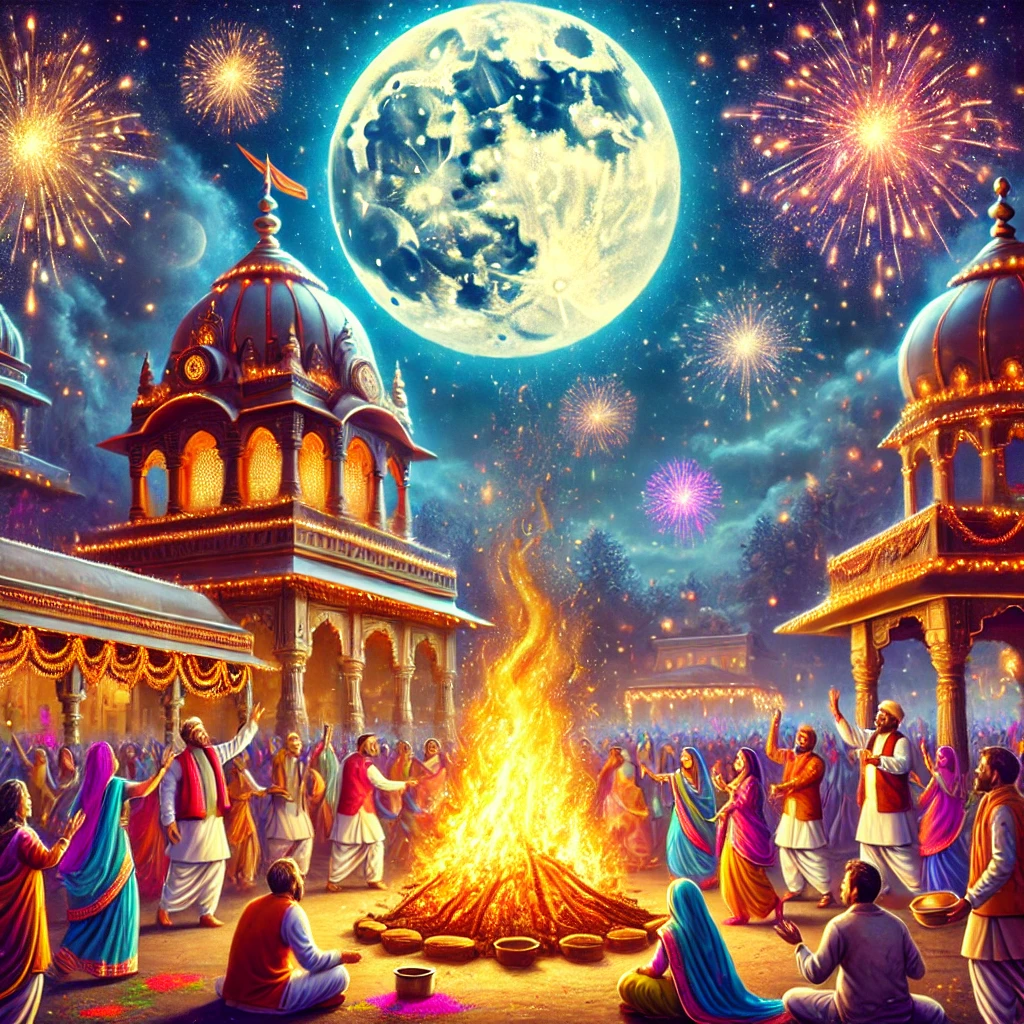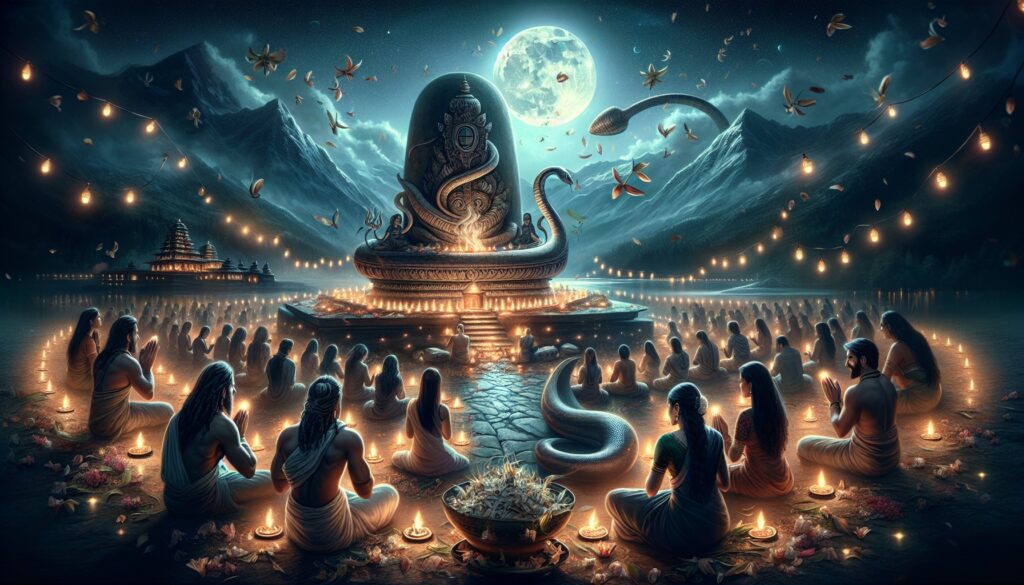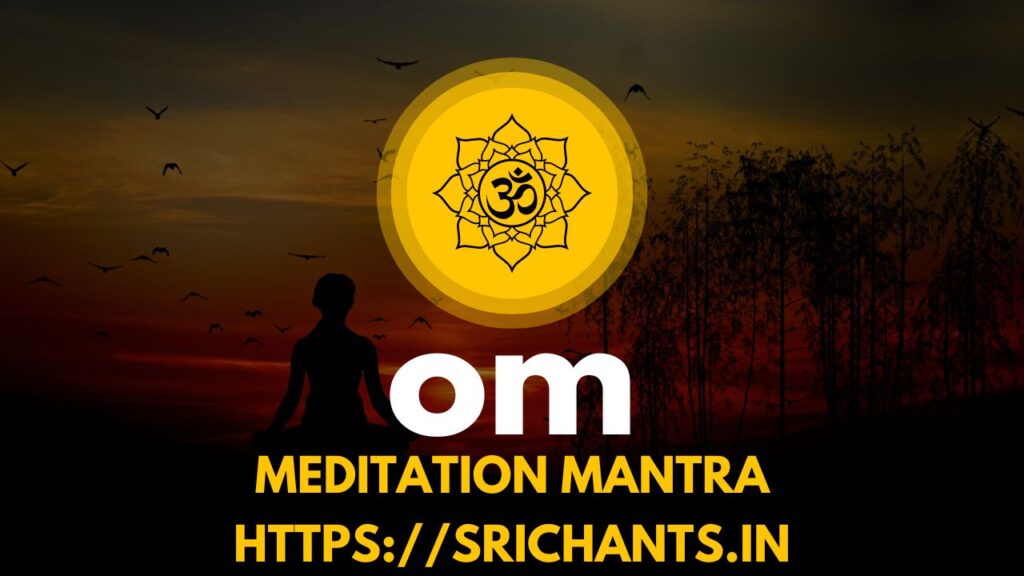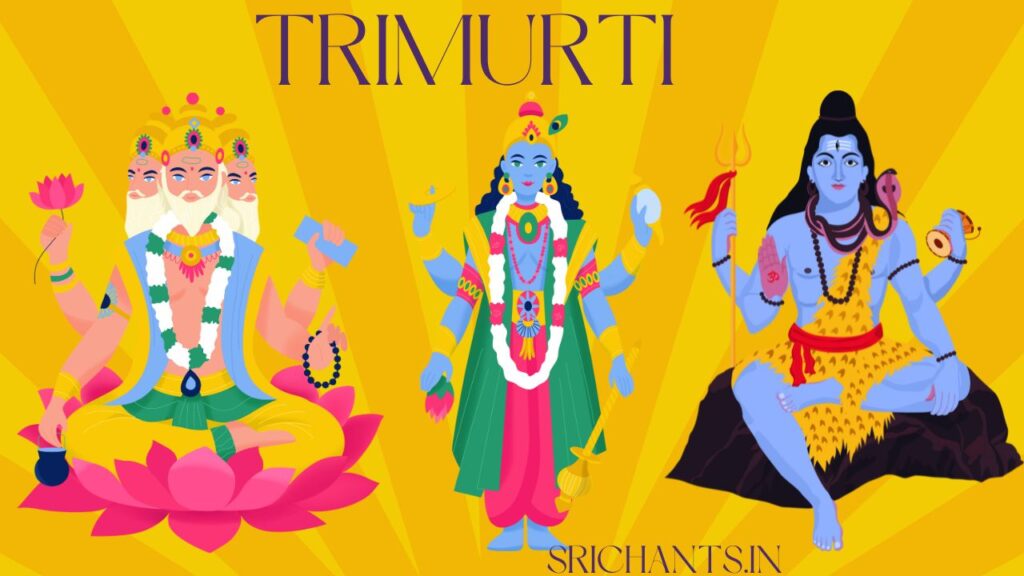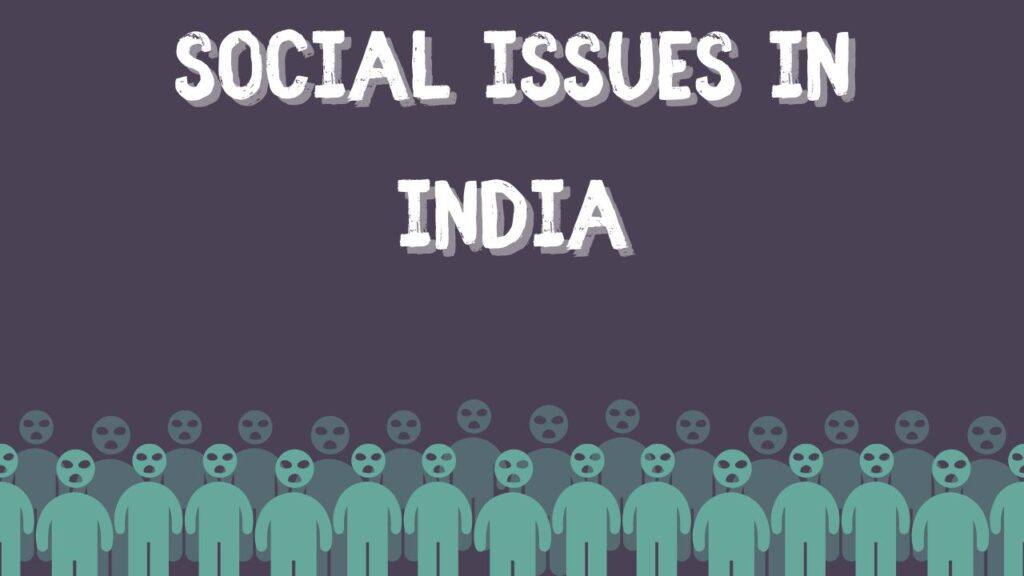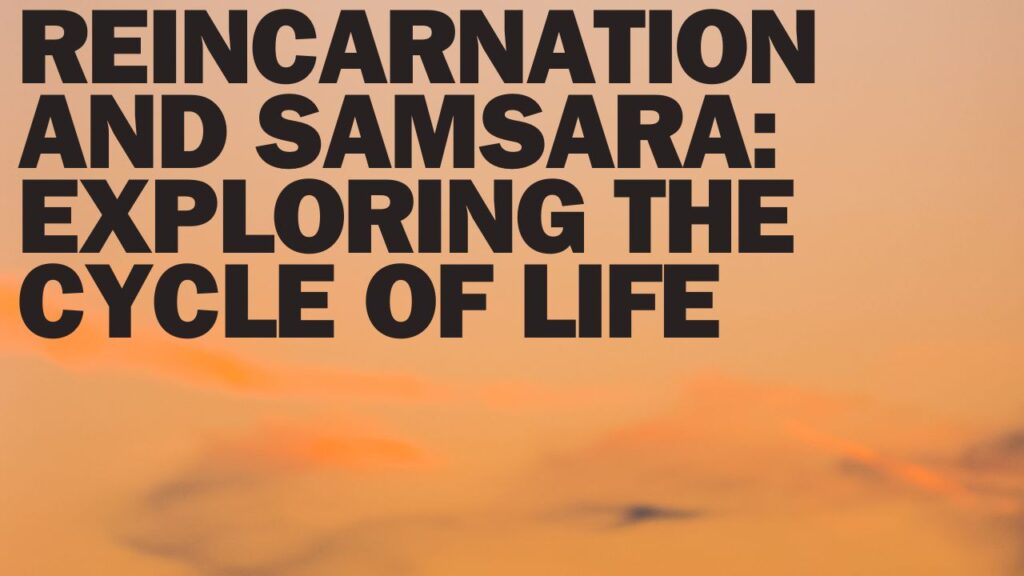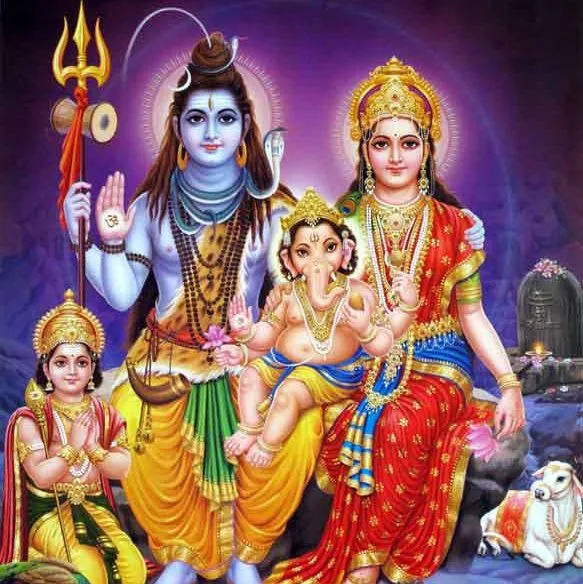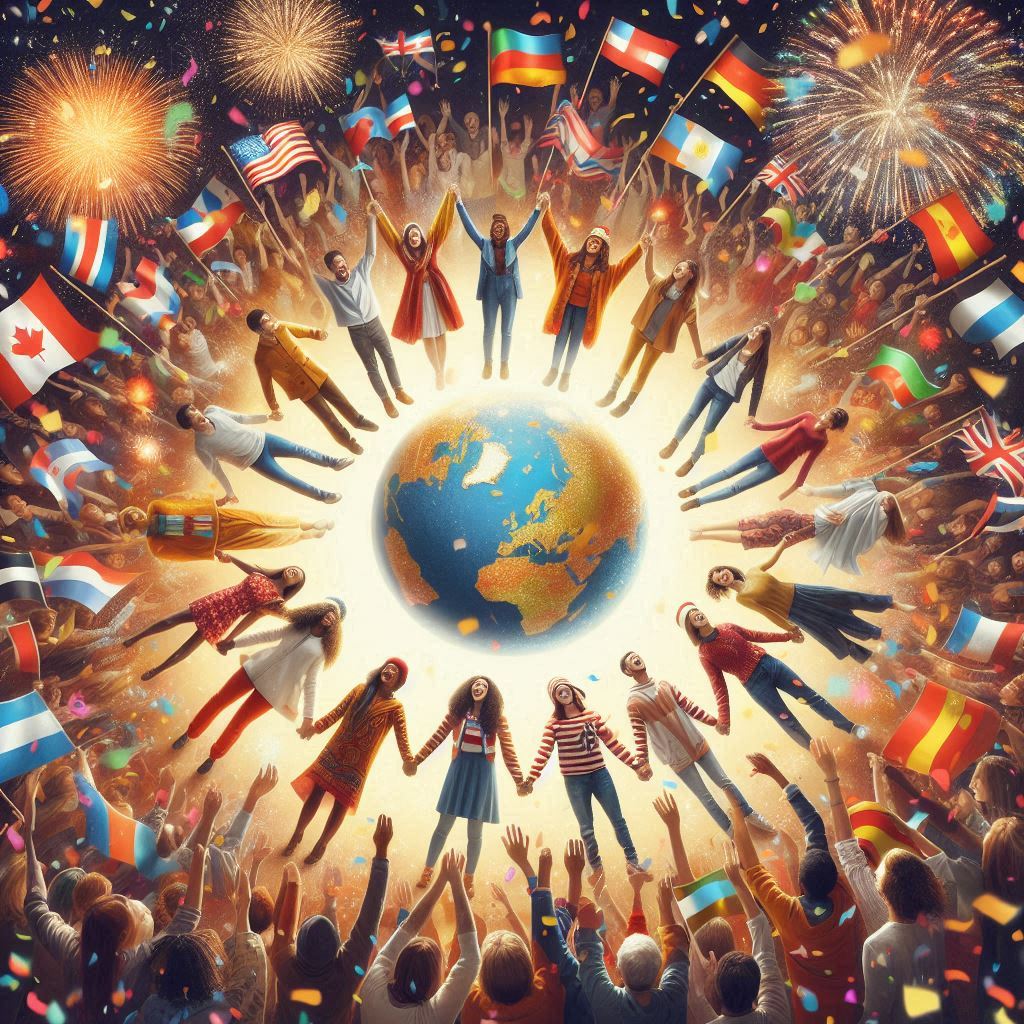Phalguna Purnima
Introduction
Among the most important full moon days in the Hindu calendar is Phalguna Purnima. Celebrated with immense passion and dedication all throughout India, it marks the end of the Phalguna month. Many different cultural, religious, and spiritual traditions link this holy day. From the energetic Holi celebration to the devotion to Lord Vishnu and Lord Shiva, Phalguna Purnima has great meaning in Hindu dharma.
Phalguna’s full moon is seen as quite lucky for carrying out religious ceremonies, asking blessings from gods, and charitable deeds. People follow particular vrat (fasts) and do pujas to call heavenly grace in several parts of India. The day also corresponds with the well-known Holika Dahan, which stands for the triumph of good over evil.
Together with the customs, ceremonies, and stories connected with Phalguna Purnima, we shall investigate in this essay the spiritual, religious, and cultural value of this holy day.
Significance of Phalguna Purnima
Deeply ingrained in Hindu customs and mythology is Phalguna Purnima. On this day, Lord Vishnu supposedly saved his follower Prahlada from the evil demoness Holika. Celebrated as Holika Dahan, a significant ceremony carried out on the eve of Holi, this event Burning Holika represents the elimination of negativity and the victory of morality and dedication.
Additionally connected with this full moon is Lord Shiva. Some theories hold that Lord Shiva embraced Goddess Parvati as his consort on this day. Devotees of Lord Shiva so pray for his blessings to have a rich and happy life.
Moreover, Phalguna Purnima is regarded as quite lucky for carrying out religious activities, meditation, and philanthropy. Believing that it atones for sins and opens the path for spiritual development, many people participate in a holy plunge in revered rivers.
Religious Rituals and Traditions
1. Fasting and Pujas
It is quite advisable to fast on Phalguna Purnima. Early waking devotees follow a ceremonial bath and pray for Lord Vishnu or Lord Shiva. To call forth divine benefits, special prayers and holy mantras are said.
2. Holika Dahan
Phalguna Purnima is most famously connected with the evening Holika Dahan ritual. Burning bad powers is symbolized by bonfires. People assemble around the fire to pray, ask for defense from negative energy. In North India especially, this ceremony is rather common.
3. Charity and Acts of Kindness
On Phalguna Purnima, food, clothing, and other basics are supposed to have great spiritual value. As part of their religious obligations, many individuals give Brahmins alms and assist the less fortunate.
4. Special Temple Celebrations
On this lucky day, several temples all throughout India organize particular pujas and festivals. Devotees visit temples, engage in bhajans—devotional songs—and ask blessings for riches, health, and success.
Holi – The Grand Festival of Colors
Holi is among the most well-known celebrations linked with Phalguna Purnima. Celebrated with great passion all throughout India, Holi is sometimes referred to as the festival of colors. People gather the day following Holika Dahan to dance, color each other, and savor celebratory cuisine.
Holi is a celebration of happiness, harmony, and social barrier breaching. People forgive previous grudges at this period and welcome one another with love and pleasure. Bhang, a unique beverage created from cannabis leaves, is drank in various areas during traditional festivities.
Mythological Stories Related to Phalguna Purnima
1. The Legend of Prahlada and Holika
The most often told tale connected with Phalguna Purnima is one about Prahlada and Holika. Hindu texts state that Prahlada was a fervent disciple of Lord Vishnu, while his father, King Hiranyakashipu, was a despot who aimed for everyone to honor him rather than Vishnu.
Holika, the sister of Hiranyakashipu, possessed a magical gift conferring immunity against fire. She led Prahlada into sitting on a pyre so she might kill him. But Holika was burned to ashes under divine intervention, but Prahlada came out unharmed. Holika Dahan honors this event by representing the triumph of good over evil.
2. Lord Shiva and Goddess Parvati
Another great myth holds that Goddess Parvati underwent intense penance on Phalguna Purnima to grab Lord Shiva’s heart. Happy with her loyalty, Lord Shiva welcomed her as his consort, therefore bringing about their holy marriage.
3. The Birth of Chaitanya Mahaprabhu
Celebrated also as the birth anniversary of Chaitanya Mahaprabhu, a respected saint and spiritual leader instrumental in the Bhakti movement, is Phalguna Purnima. Emphasizing loyalty to Lord Krishna, his students still honor his birth with prayers and kirtans.
How Phalguna Purnima is Celebrated Across India
Celebrated in several parts of India, Phalguna Purnima is observed differently. Although Holi rules North India, various spiritual and religious celebrations take place all throughout the nation.
- North India: Holika Dahan and Holi are the major celebrations. People burn Holika bonfires, chant prayers, and engage in vibrant festivities.
- South India: Special pujas are conducted in temples, and devotees observe fasting and perform rituals dedicated to Lord Vishnu and Lord Shiva.
- West India: In Maharashtra and Gujarat, Holi is celebrated with music, dance, and delicious sweets like puran poli and gujiya.
- East India: Devotees celebrate the birth anniversary of Chaitanya Mahaprabhu, and Holi is observed with a spiritual touch in regions like West Bengal and Odisha.
Scientific and Astrological Importance of Phalguna Purnima
Astrologicalally speaking, Phalguna Purnima is really important. The full moon affects human vitality and emotional state. Vedic astrology holds that meditating on this day and carrying out religious rites improves spiritual development and brings inner tranquility.
Scientifically, the full moon influences the gravitational force of the Earth, thereby influencing water bodies as well as even human behavior. Many spiritual searchers spend this period introspection and intense meditation.
Conclusion
Phalguna Purnima is a very spiritual and culturally important day that unites people in celebration and dedication, not only another full moon day. This day is very significant in Hindu tradition whether it is through the happy celebrations of Holi, the holy rites of Holika Dahan, or the respect of Lord Vishnu and Lord Shiva.
Fasts, prayers, acts of charity, and celebration participation let followers seek divine benefits and spiritual upliftingment. Millions of people throughout many years have been inspired by the messages of Phalguna Purnima—victory of good over evil, solidarity, and dedication.
Let us welcome the spirit of love, happiness, and righteousness as we honor this lucky day so that our life could be more harmonic and significant.
